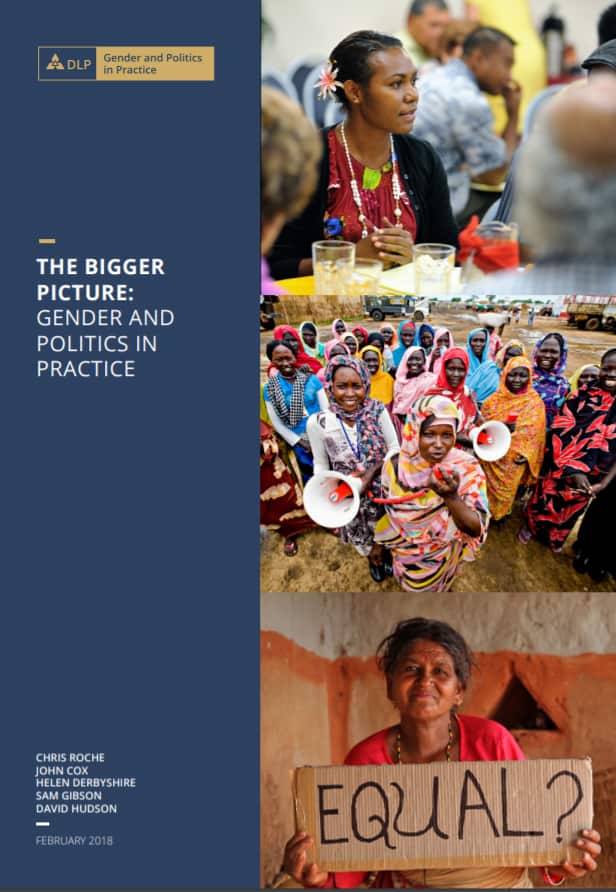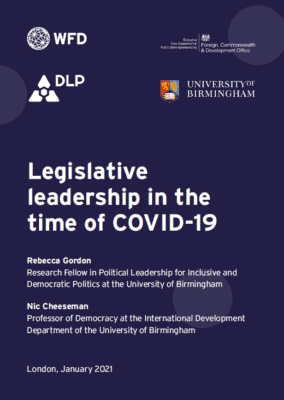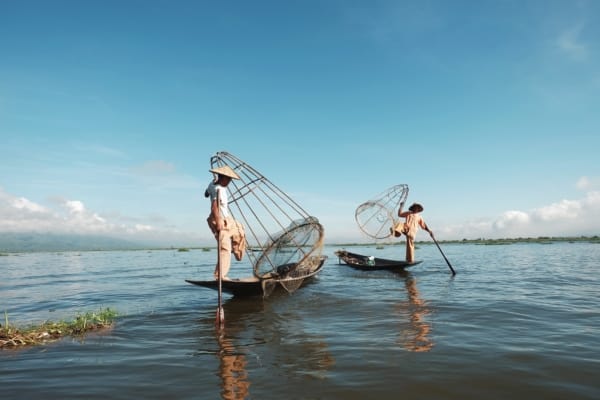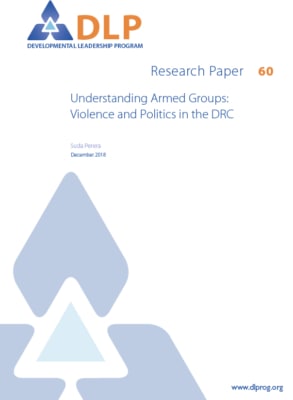This context paper explores how the findings of Gender and Politics in Practice research on development programming relate to broader processes of social, political and economic change. It argues that institutions – or rules of the game – are important in shaping gender relations, but more attention needs to be given to power and agency.
The agency of local people – their capacity to act – is crucial. Local people often have the legitimacy and local connections to exploit ‘cracks’ in social norms in ways that outsiders do not. They can frame gender issues in politically informed ways based on their knowledge, relationships and understanding of the risks involved. Promoting transformational change in gender relations takes time, commitment and courage.
Aid programs are never the primary agents of change, but they can contribute to gender reform in a number of ways. They can support inclusive local leadership, bring political and gender analysis together, plan for uncertainty and learn through adaptation. Other strategic avenues for promoting gender equality include supporting tertiary education for women and girls, creating opportunities for dialogue among citizens pursuing common agendas, or helping influential women to extend their networks and access to resources.














